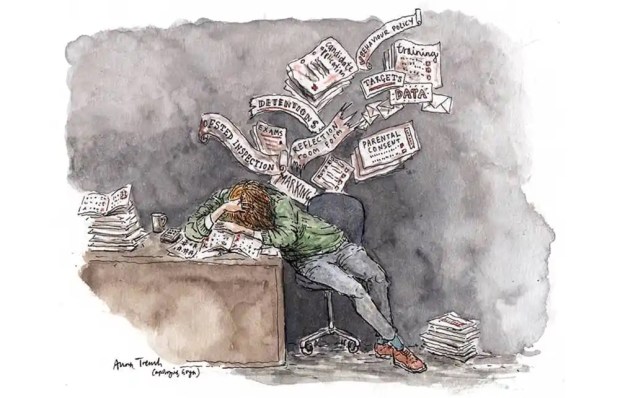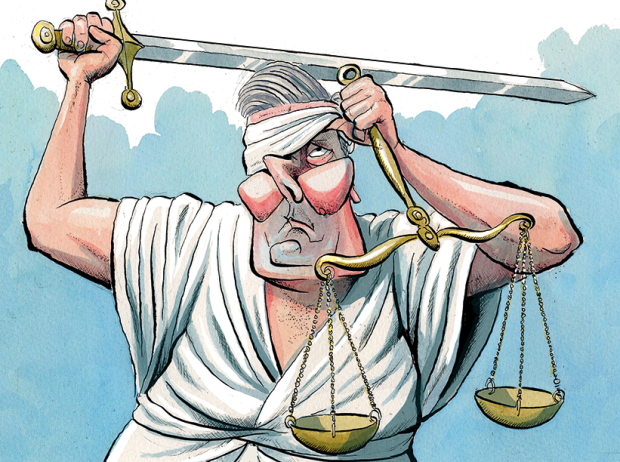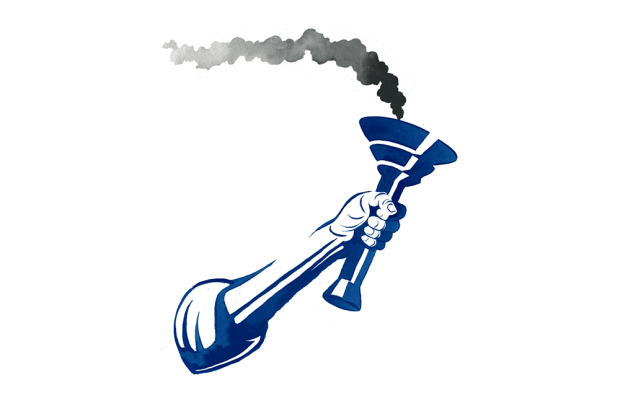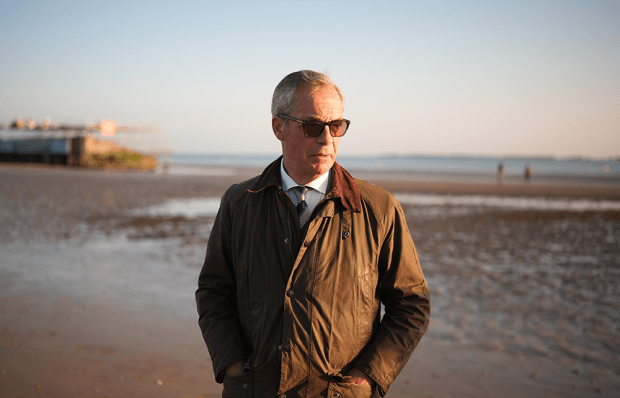Wild weather
Sir: Weather and climate science is not an emotional or political issue — even though emotions and politics run high around it, as illustrated in Rupert Darwall’s article (‘Bad weather’, 13 July). However, it is important that opinions are rooted in evidence, and the article contains numerous errors and misrepresentations about the Met Office and its science.
Already a subscriber? Log in
Subscribe for just $2 a week
Try a month of The Spectator Australia absolutely free and without commitment. Not only that but – if you choose to continue – you’ll pay just $2 a week for your first year.
- Unlimited access to spectator.com.au and app
- The weekly edition on the Spectator Australia app
- Spectator podcasts and newsletters
- Full access to spectator.co.uk
Or
Unlock this article
You might disagree with half of it, but you’ll enjoy reading all of it. Try your first month for free, then just $2 a week for the remainder of your first year.













Comments
Don't miss out
Join the conversation with other Spectator Australia readers. Subscribe to leave a comment.
SUBSCRIBEAlready a subscriber? Log in